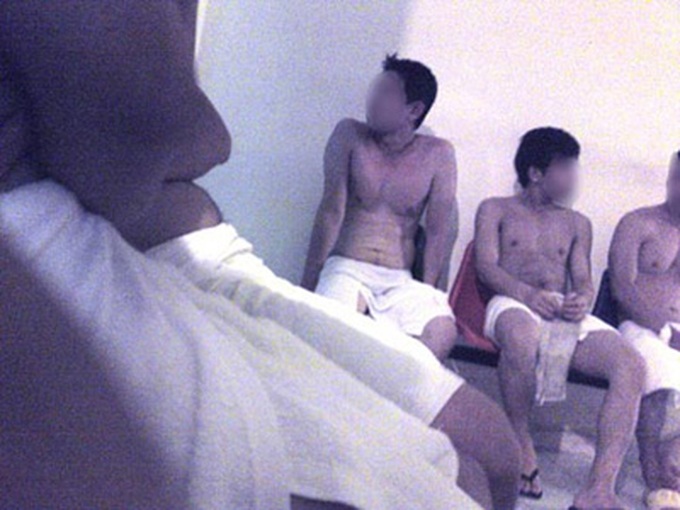Hanoi and HCM City have been witnessing a boom in the number of male sex workers, and now have the highest rate of HIV-infected male sex workers in the country.

The average HIV infection rate among the gay population last year was reported at 2.3% with HCM City and Hanoi witnessing the sharpest rise
By the end of May this year, the number of new HIV carriers in Vietnam reached 213,400. Of the total cases of HIV-AIDS in the country, 63,400 are still living, while there have been around 65,000 AIDS-related deaths so far, according to the latest report from the Ministry of Health.
The HIV/AIDS epidemic has spread to 63 cities and provinces, with men accounting for more than 66% of the total.
More young people have also been infected with HIV/AIDS. Between January and May this year, up to 78.6% of reported HIV/AIDS patients were between between the ages of 20 and 39. The of transmission of the disease via sex has also been on the rise.
The average HIV infection rate among the gay population last year was reported at 2.3%. HCM City and Hanoi have seen the sharpest rise, with 7.3% and 6.5% respectively.
According to reports from the police and the Department of Social Evil Prevention, in recent years the number of male sex workers, particularly among the homosexual group, has been sharply increasing. In Hanoi male sex workers often congregate near My Dinh Stadium in Tu Liem District. In HCM City there are at clubs, spas or coffee shops known to be places for solicitation.
Male homosexual sex workers often work in ways which make it difficult for authorities to identify and control them, which has led to a higher risk of HIV/AIDS infection than among female sex workers.
According to the National Committee for HIV/AIDS Prevention and Control, the HIV-infection rate among homosexual male sex workers is 20 times higher than that of female prostitutes and drug addicts.
Meanwhile, the Ordinance on Prostitution Prevention and Control 2003 only addresses paid sex between a male and a female and not two males.
The Ministry of Health has submitted a project to the government which they hope will ensure financing for HIV/AIDS prevention and control activities by 2020.
